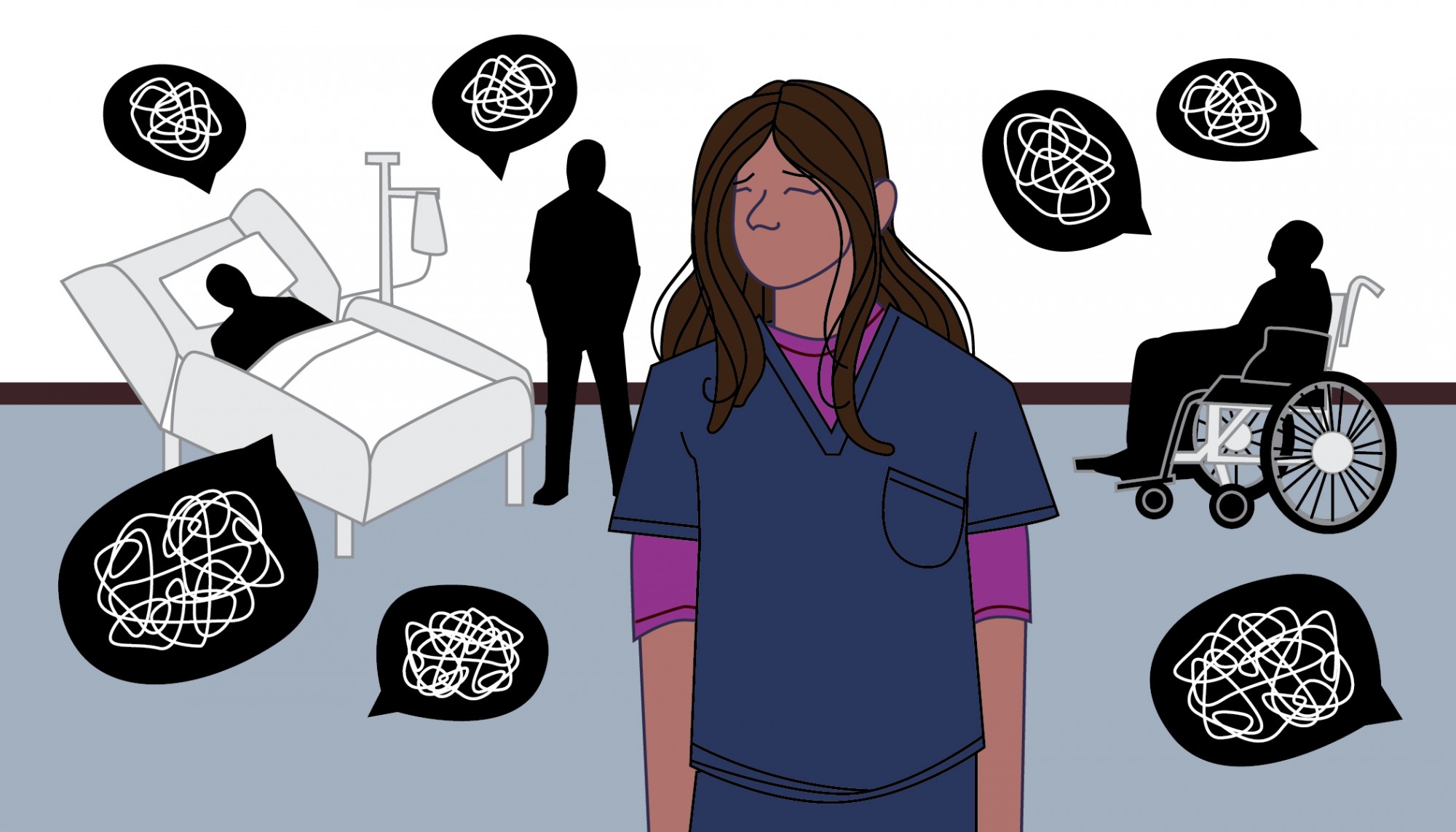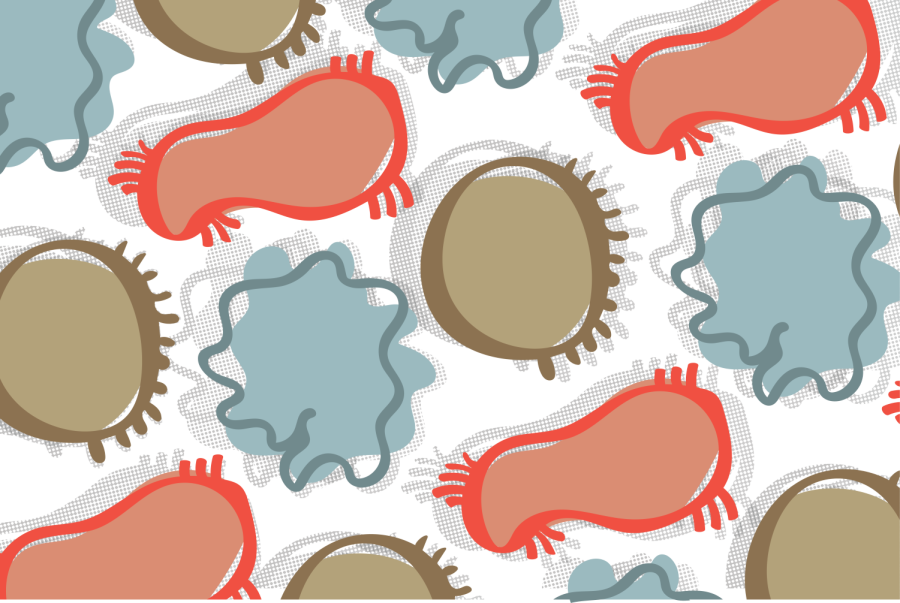A new study conducted by medical professionals at the University of Minnesota found the main source mistreatment of residents, or medical trainees, is patients.
The study surveyed about 77 percent of the medical resident population at the University’s Twin Cities campus. The study defined six different categories of mistreatment, and patients were seen as the main source of mistreatment in five.
These categories include sexual harassment, physical threats and microaggressions. Data also suggests that women, especially women of color, are more likely to be impacted by these statistics.
“What we found is for each of those sources, each of those types of mistreatment except humiliation and shame, patients were the primary source of mistreatment of trainees,” said Michael Cullen, the director of evaluation for graduate education for the Medical School and a co-author of the study.
While there are national surveys given to medical trainees to understand mistreatment, the authors of the study said they felt like that was not enough.
“We are not happy with the current tools available to understand mistreatment in the national surveys that exist,” Cullen said. “The problem was that national surveys don’t really specify the specific types of mistreatment that trainees can experience as well as the multiple sources of mistreatment that are that are possible.”
Some professionals mentioned the difficulties that come with creating changes around patients. The best option for residents right now is to immediately speak up for themselves or those around them. However, many do not feel empowered to do so.
“You can have tons of great policies,” said Taj Mustapha, a University assistant professor of internal medicine and pediatrics and co-author of the study. “But in the room when that patient does something, and you are the intern who is just in there taking a history … you need to know what to do right away.”
Mona Al Banna, a University neurology resident, has experienced different types of mistreatment by patients.
“Occasionally, like you’ll have patients that will kind of harass you,” Al Banna said. “They’ll say inappropriate comments that will … make me as a resident or a person just feel uncomfortable.”
Al Banna said she felt that it was hard to properly react to mistreatment by patients.
“I just … try to redirect and get my job done and kind of walk out as soon as I don’t need to be in the room anymore.”
Many residents are hesitant to take action on or around their mistreatment by patients because they fear how it might impact their grades, how they are viewed by their superiors and their ability to perform properly as a physician, said Ezgi Tiryaki, a neurologist at the Minneapolis Veterans Affairs Health Care System.
Residents that are women of color often encounter a similar situation, Tiryaki said.
“Patients don’t consider them the doctor and keep asking, ‘Why is my doctor not seeing me?’ Even though a female doctor is seeing them every day because they didn’t recognize that person as a doctor. They thought it was just a nurse,” she said.
However, many medical professionals expressed their empathy towards their patients’ situations.
“Everyone is sick, everyone’s probably having the worst day of their lives. They are in the hospital.” Mustapha said, pointing out that patients are often not at their best upon entering the hospital.
These feelings can lead to increased anger and frustration, factoring into why patients are the main source of mistreatment for medical trainees.
“Health outcomes are better the more diverse the population of doctors is,” Tiryaki said, “But at the same time, it’s really hard to not lose doctors if they are mistreated like this.”






















